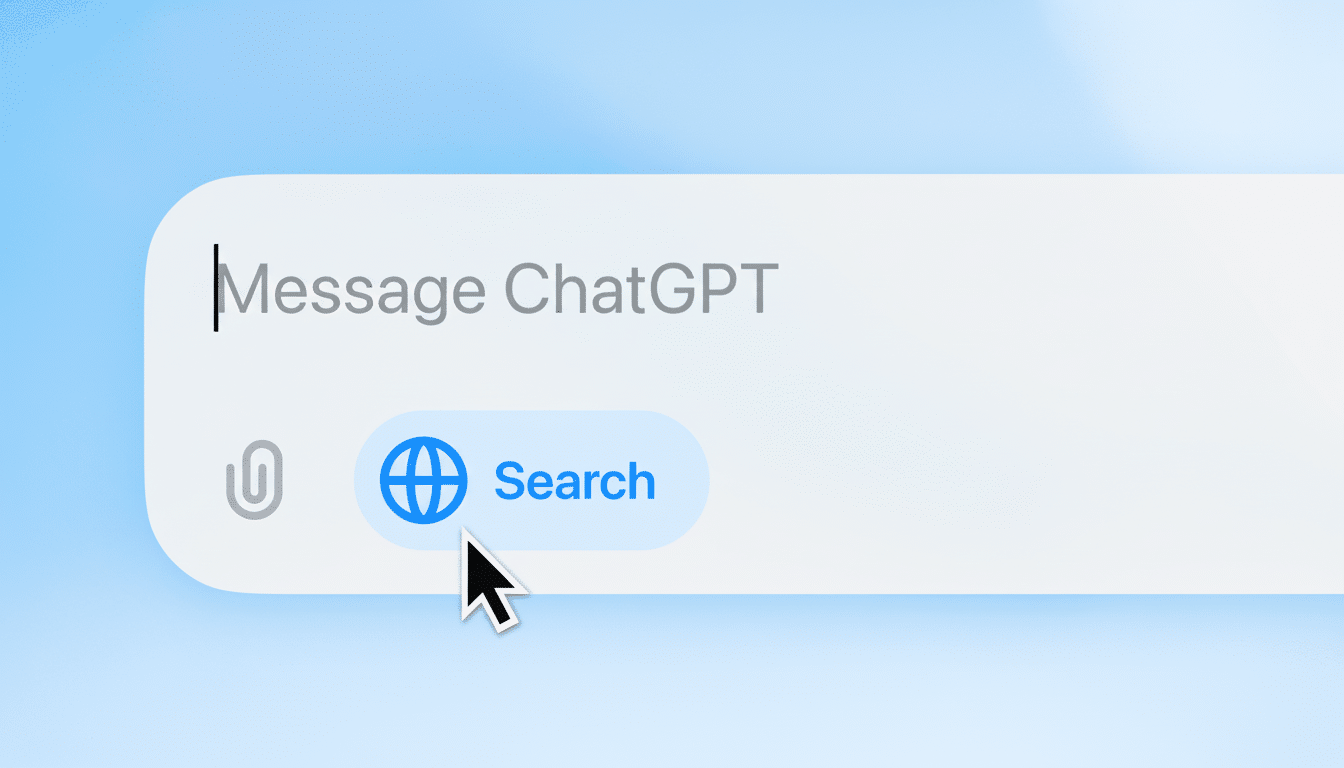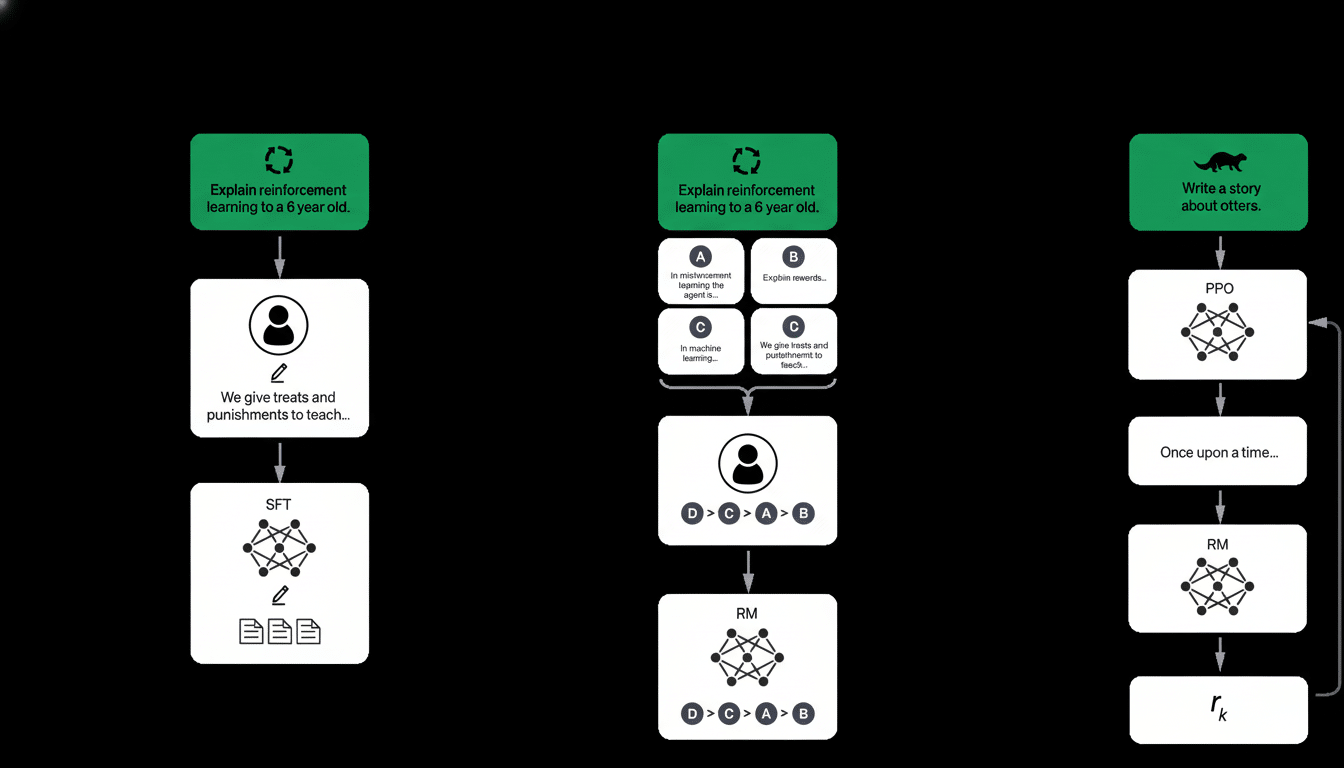OpenAI made waves at its developer conference by advancing agentic AI from idea to reality in the shipping tools that turn ChatGPT into an app platform, and make it vastly faster to build production-grade agents. The headline releases — Apps SDK, AgentKit and a pack of model updates — point to an effort to go beyond prompts into end-to-end, workflow-level automation.
The changes serve to let ChatGPT act as a front door to third-party software and offer developers a native toolkit to develop, test, and deploy agentic systems. Live demos showcased speed to value: spinning up agents in minutes, orchestrating tools, and embedding rich app experiences directly into the chat window.

Apps inside ChatGPT gain a full-featured SDK for builders
OpenAI unveiled the Apps SDK to enable developers to create full-fledged applications that operate inside ChatGPT, rather than just simple function calls or light GPTs. The SDK supports “talking to apps” interactions, meaning you can ask natural-language questions and invoke app functionality inline — so there’s no need to mentally switch the context in which you’re working.
In one live demo, ChatGPT dragged a Coursera video into the chat, answered questions about it, crafted a poster using Canva and then churned out the slides used to present all that we’d learned — all in that same interface.
A Zillow-like experience was referenced where people could ask questions to narrow down their home search — instead of filling out boilerplate web forms — showing how text-first UIs can streamline complex experiences.
OpenAI also noted that Anthropic’s Model Context Protocol is supported in the Apps SDK, an indication that vendors are converging on interoperable ways for models to access tools and data. The SDK is currently available in preview, with app submissions for listing set to begin following a review process later this year, enabling clear developer monetization.
AgentKit: Bringing Agentic Workflows to Production
AgentKit bundles together key bits of what teams need to become more effective in designing, deploying and improving agents on top of OpenAI’s Responses API. It comes with evaluation facilities, a database of connectors for data integration and guardrails that ensure privacy and safety actions.
Onstage, a product lead with OpenAI used the platform’s Agent Builder to transform the event schedule into an interactive assistant in a matter of minutes. This includes the ability to define the role of agent(s), inserting conditional logic, enabling a PII policy agent for enforcement, visualizing each step of execution and publishing the workflow — embedding it with an easy-to-use ID when you’re ready for it to go live. The message landed: this is not a research sandbox; it’s ship-ready orchestration.

And if you’re a shop grappling with repeatable, auditable automation, then having built-in evals and policy controls matters. It makes a paper trail for the steps in a decision and a way to offer evidence of compliance — key for industries like finance, health care and government.
New Coding and Model Operations for Builders
The coding assistant OpenAI’s Codex is now generally available following a spike in downloads since early August. In a stage demo, Codex was able to wire an Xbox controller into a camera in minutes and then stand up a voice assistant to control lighting — a small example of how multimodal inputs can speed up hardware and automation ideas.
On the model side, OpenAI said GPT-5 Pro is coming to the API, where it is optimized for high-stakes tasks and deep reasoning. A new gpt-realtime-mini is targeting ultra-low-latency interactions, a must in the field of voice, streaming and embodied experiences. The company also debuted API access to Sora 2 for video creation, with live prompts showcasing photorealistic renders that developers can embed within products.
Collectively, the updates cinch together the loop from design to build to deploy. Developers use this tool to prototype interfaces, automate multi-step reasoning and surface rich media outputs — all without leaving the OpenAI ecosystem.
Why this shift matters for app-centric, agentic AI
Agentic AI shifts the focus from using a model in isolation with single prompts to autonomous, tool-using systems enacting objectives. Analysts have pegged this as the next curve to ride for generative AI, especially in a time when organizations are clamoring for tangible productivity lifts. McKinsey estimates generative AI could create trillions of dollars of annual economic value by improving customer operations, software engineering and marketing functions, gains that require workflow integration — not just standalone chat.
Choosing an open protocol such as MCP implies a world where models from different providers can call the same tools as us, mitigating lock-in and stimulating a healthier developer platform. Meanwhile, built-in evals and guardrails address another industry pain point: translating flashy demos into safe, reliable systems that teams can monitor and improve.
Bottom line: what OpenAI’s latest releases signal for builders
OpenAI’s recent release turns ChatGPT into a distribution platform for third-party software and opens up a direct route for developers to production-grade agents. With Apps SDK, AgentKit, Codex GA, and the new models in the API, the company is clearly staking that this is where AI’s best future lies: app-centric, agentic, and embedded everywhere its users already work.

